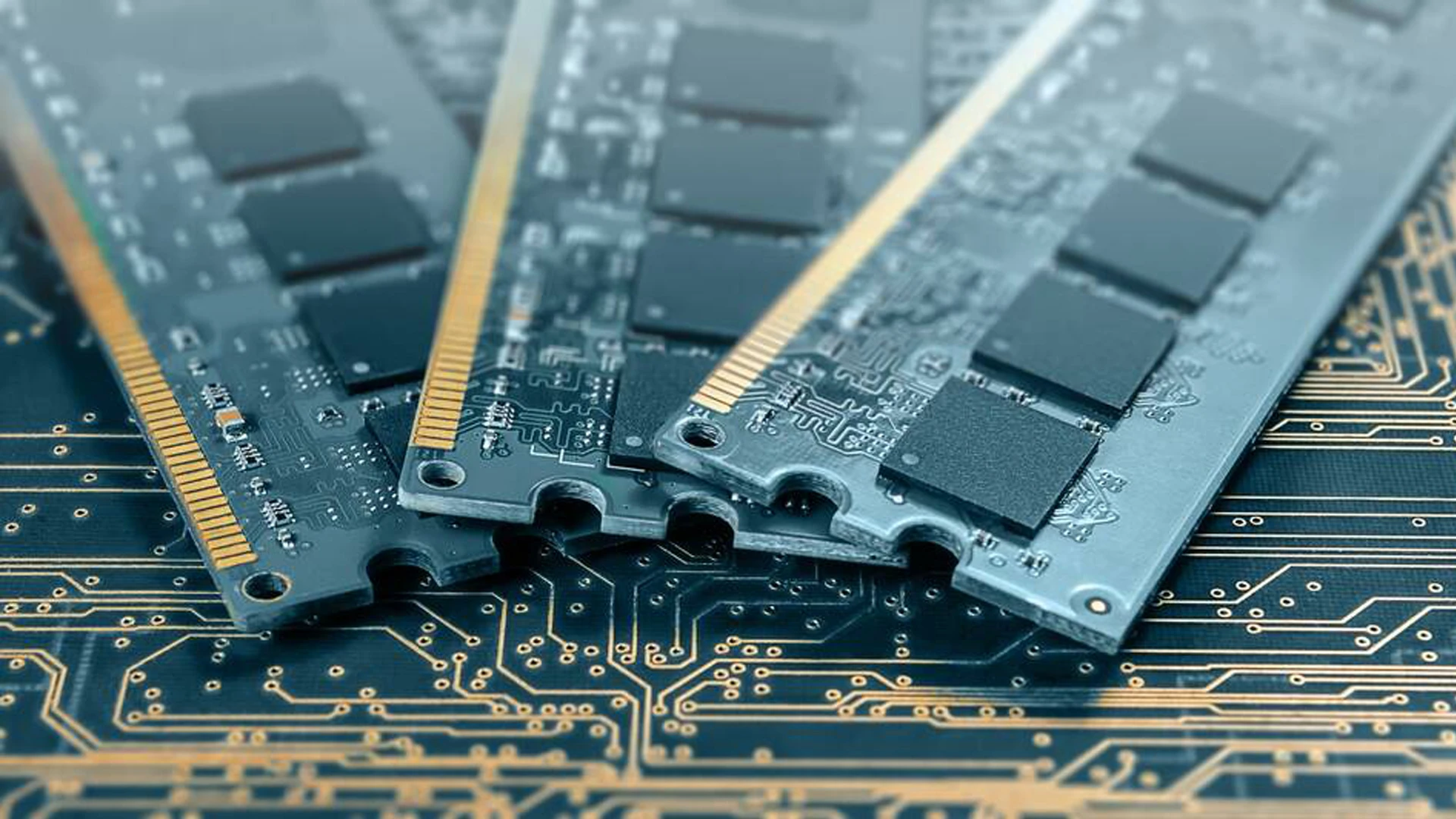Hey friends! Are you ready to dive into the world of game development?
Check out this awesome beginner tutorial on **Adding Blueprint Components in Unreal Engine**! If you’re just starting your journey with Unreal, this video is your perfect jumping-off point. Luke Anderton from Tinkr Studios breaks it down and shows you how to create a toggleable flashlight for your Player Blueprint. How cool is that?
I loved how simple the explanations were, making it super easy to follow along. Trust me, you don’t want to miss this if you're looking to build your first 3D platforming game!
Watch it here: https://www.youtube.com/watch?v=ZkP4VOOlNbM
#UnrealEngine #GameDevelopment #Blueprints #Tutorial #IndieGameDev
Check out this awesome beginner tutorial on **Adding Blueprint Components in Unreal Engine**! If you’re just starting your journey with Unreal, this video is your perfect jumping-off point. Luke Anderton from Tinkr Studios breaks it down and shows you how to create a toggleable flashlight for your Player Blueprint. How cool is that?
I loved how simple the explanations were, making it super easy to follow along. Trust me, you don’t want to miss this if you're looking to build your first 3D platforming game!
Watch it here: https://www.youtube.com/watch?v=ZkP4VOOlNbM
#UnrealEngine #GameDevelopment #Blueprints #Tutorial #IndieGameDev
🌟 Hey friends! Are you ready to dive into the world of game development? 🎮
Check out this awesome beginner tutorial on **Adding Blueprint Components in Unreal Engine**! If you’re just starting your journey with Unreal, this video is your perfect jumping-off point. Luke Anderton from Tinkr Studios breaks it down and shows you how to create a toggleable flashlight for your Player Blueprint. How cool is that? 💡
I loved how simple the explanations were, making it super easy to follow along. Trust me, you don’t want to miss this if you're looking to build your first 3D platforming game!
👉 Watch it here: https://www.youtube.com/watch?v=ZkP4VOOlNbM
#UnrealEngine #GameDevelopment #Blueprints #Tutorial #IndieGameDev

0 Comments
·0 Shares




